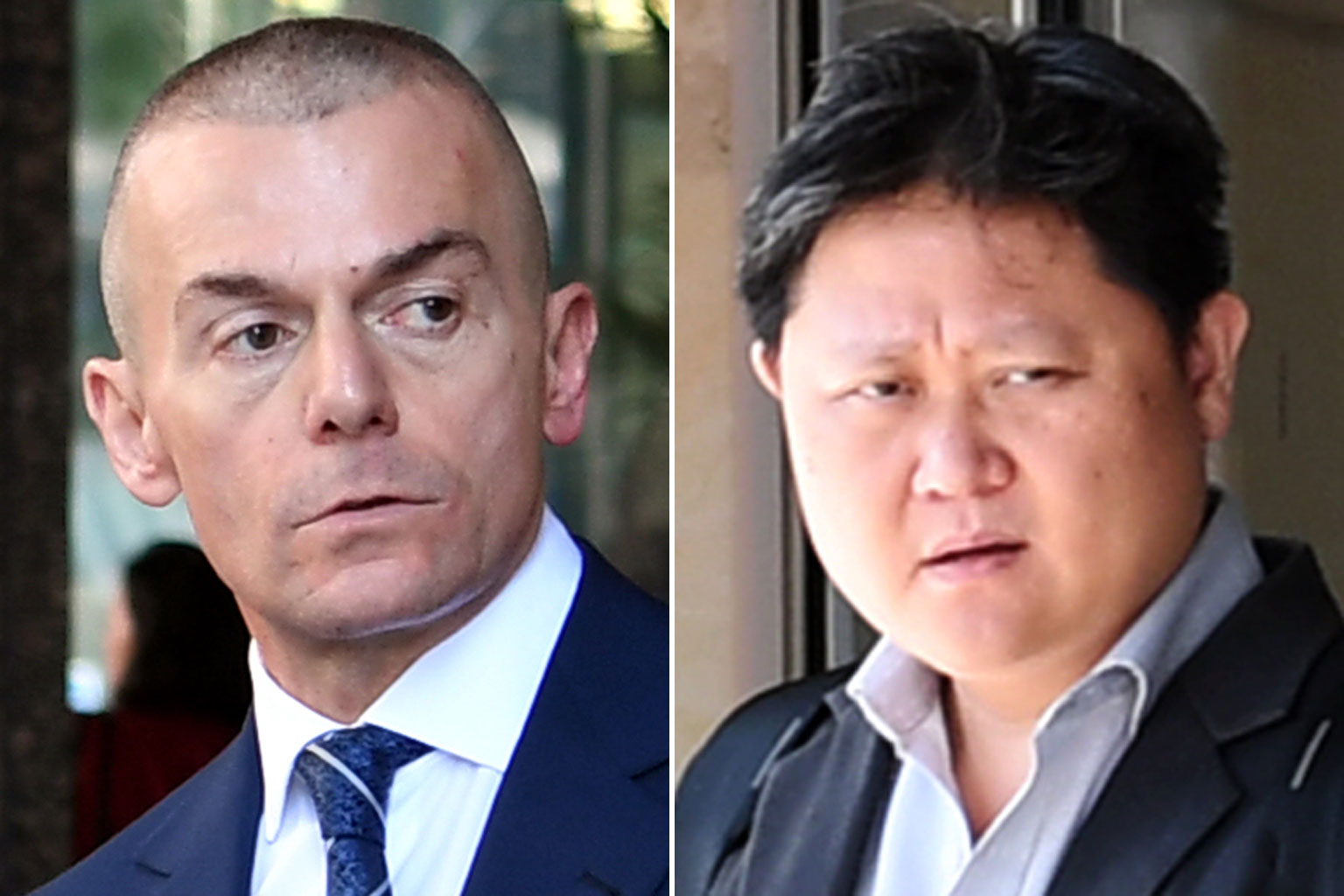Hacking firm sues ex-employee over work on antidote to its spyware
Firm says S'porean breached employment terms by helping 'outsider' develop product
Sign up now: Get ST's newsletters delivered to your inbox

Mr David Vincenzetti is the CEO of HT, which sells spyware to law enforcement agencies. Mr Woon Wee Shuo was employed by HT as a security specialist from Aug 17, 2012, to March 20, 2015.
Follow topic:
An Italy-based company called HT, or Hacking Team - which sells spyware to law enforcement agencies in more than 45 countries - has accused a former employee of helping an "outsider" develop an antidote to its key software.
HT's chief executive officer David Vincenzetti, who told the High Court yesterday that he "personally invented offensive security" in 2003, was taking the stand in an ongoing hearing into an employment dispute between HT and Singaporean Woon Wee Shuo.
HT is suing Mr Woon for alleged breaches of his employment agreement, which bars him from working for a competitor while employed by HT and from joining a competitor within a year of leaving HT. Mr Woon was employed by HT as a security specialist from Aug 17, 2012, to March 20, 2015. He formally joined Malta-registered ReaQta on Oct 6, 2015.
HT's key product, Galileo, allows users to bypass encryption and collect data from targeted devices.
The company's lawyer, Mr Adrian Tan of TSMP Law Corporation, argued that HT suffered an "irreparable blow" when Mr Woon helped ReaQta develop an antidote to Galileo. Called ReaQta-core, the defensive software monitors a user's activities, file access and applications.
HT alleges that while Mr Woon was still its employee, he was engaging in the business of ReaQta .
Mr Woon, who is represented Mr Choo Zheng Xi of Peter Low & Choo LLC, denies breaching his employment agreement.
He argues that ReaQta is not a competitor to HT because it creates defensive technology, while HT creates offensive technology. He contends that he played no part in producing ReaQta-core. He has counterclaimed against HT for unpaid wages and CPF contributions.
Under cross-examination yesterday, Mr Vincenzetti agreed that Galileo and ReaQta-core are opposites. However, he told the court that law enforcement agencies would never buy Galileo if an antidote is shown to exist. "Between 50 and 60 major government agencies are trusting us for their national security," he said.
He questioned how a small and new company could do a better job than "titans" such as McAfee, Symantec and Kaspersky. "They could do it because they exploited extremely confidential information they had access to," he noted.
He said Mr Woon contributed to the creation of the antidote. Crucially, Mr Woon helped maintain testing of the antidote, he added.
"He had all the latest versions, updated with the hardware and software... so he was an insider helping (an) outsider to test the effectiveness of the antidote."

